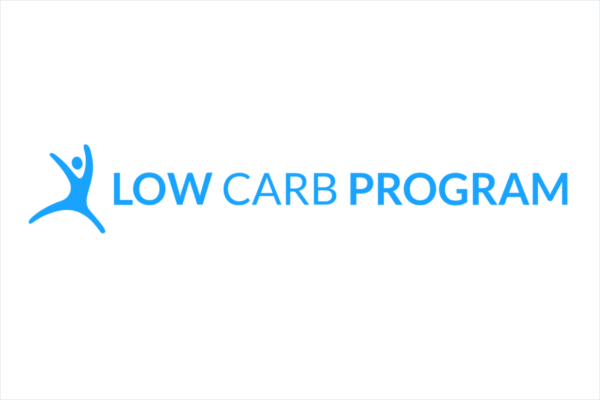Low Carb Program

The challenge
Type 2 diabetes is prevalent, costly and a potentially progressive disease with serious health consequences, including blindness, amputation, stroke, dementia and
premature death. In community settings, type 2 diabetes is rarely reversed, and typically patients only spend three hours per year with their healthcare professional.
Researchers agree that type 2 diabetes may be effectively treated with a carbohydrate-reduced diet, which could improve management and potentially lead to remission.
Digital interventions can support retention of continued education, which is the fundamental challenge to ensure sustainable behaviour change in patients with type 2 diabetes and prediabetes in a low-cost, scalable manner.
The solution
The Low Carb Program by DDM Health empowers people living with type 2 diabetes, prediabetes and obesity to improve their health and wellbeing through reassuringly impactful behaviour change. It is available on iOS, Android and web.
The platform comprises:
- Education: members participate in a core 12-week structured therapeutic nutrition and wellness program, personalised to disease type and profile
- Community peer support with over 390,000 members
- Behaviour change mentoring, goal identification and setting
- Library of personalised resources, including culturally-specific meal plans, food swaps and recipe ideas
- Data insights and AI-led feedback to support sustainable behaviour change
My HbA1c has gone down from 53 (7.0%) to 37 mmol/mol (5.5%) and I’ve lost about 19kg in total. I am in type 2 remission and have never been fitter. If it wasn’t for the Low Carb Program and the support I received, I wouldn’t be where I am today.
Peter, patient user
The impact
- 71% platform retention at one-year
- 40% of people on medication eliminate at least one treatment from their regime
- 60% of people on insulin eliminate or reduce it from their regime
For people with type 2 diabetes who complete the programme, outcomes include:
- 7.4kg weight loss
- 13mmol/mol HbA1c reduction
- 39% place HbA1c under type 2 diabetes threshold, with 26% placing type 2 diabetes in remission
One-year outcomes published as part of a three-year study on a randomly selected cohort of 1,000 people who joined the Low Carb Program.